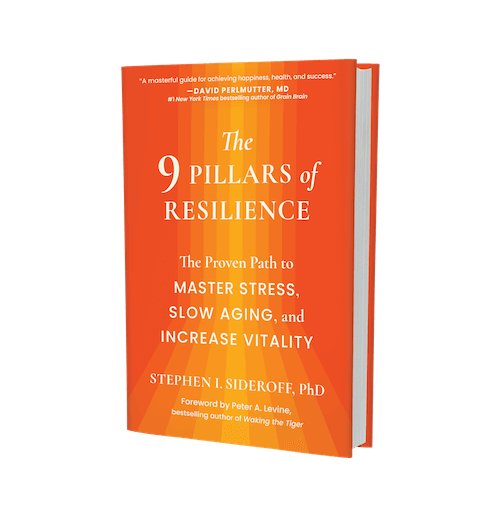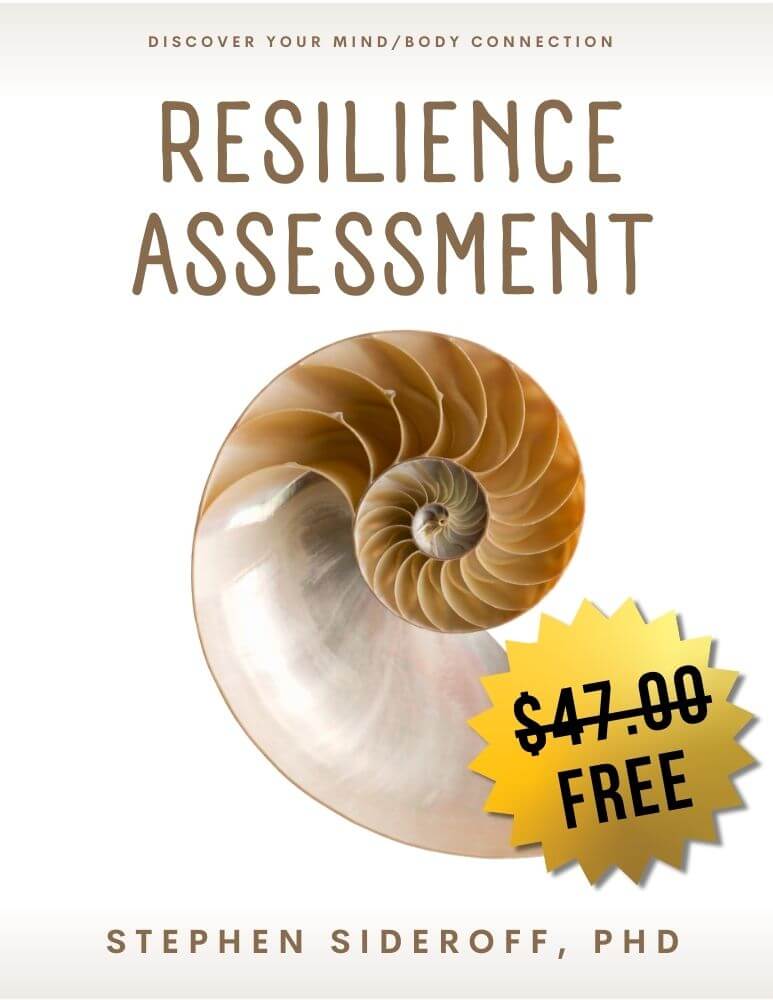
Are today’s Stresses worse than those of our “Cavemen” ancestors? Is this a fair question to ask? Many times I hear people talk about how the stresses of modern life are so much more intense than in the “old days.” And I wonder if this is really a fair comparison. It’s like the person living in a small, modern American home saying he doesn’t have enough room. This would be laughable to someone living in a one-room hut in Haiti or Africa.
Yes, the stresses of modern life are incomparable when we look at their complexity. However, if we consider the most fundamental aspect of stress—the danger to survival—there is no com¬parison. As you move further back in time, true dangers to personal survival are ever more present.
For the caveman, survival was a daily struggle. Moment by moment, vigilance and concern for personal safety were an ongoing reality. Living in that most primitive environment, you could be attacked at any moment by a predatory animal or someone challenging you for possession of your territory. Basic sustenance was a daily concern.
With no refrigerator or agriculture, it was difficult to save for a “rainy day” or the inevitable drought. With the arrival of an agricultural society, we begin to see a little bit of a buffer. If there was a good crop, you had a little bit of breathing room. But dangers to survival were still ongoing, and uncertainty abounded.
Today most of us don’t struggle for personal survival on a daily basis. In fact, unlike our counterparts from the past, the odds are that we will survive to reach reproductive age. And for this development and degree of safety we must be grateful. We must be grateful and appreciative to live in relative freedom from immediate danger. It is our advantage. Thus, the first step on The Path is an appreciation that few of our stresses are life-threatening and that most of us have the basic necessities of life.
But that makes the stakes higher, in a sense. We don’t simply want to live to see another sunrise or to reach reproductive age. We want to live much longer and healthier, into our 80s and beyond! In the “old” days, we might die of other causes before the impact of stress took its toll. Now, we have many more years for the destructive consequences of stress to develop. Also, today we experience a broader array of demands. And while they may not be life-threatening, we experience many of them with the same sense of urgency and fear.
Dr. Stephen Sideroff is an internationally recognized expert in resilience, optimal performance, addiction, neurofeedback and alternative approaches to stress and mental health. He is Assistant Professor in the Department of Psychiatry & Biobehavioral Sciences at UCLA’s School of Medicine, as well as the Director of the Raoul Wallenberg Institute of Ethics. www.drstephensideroff.com

